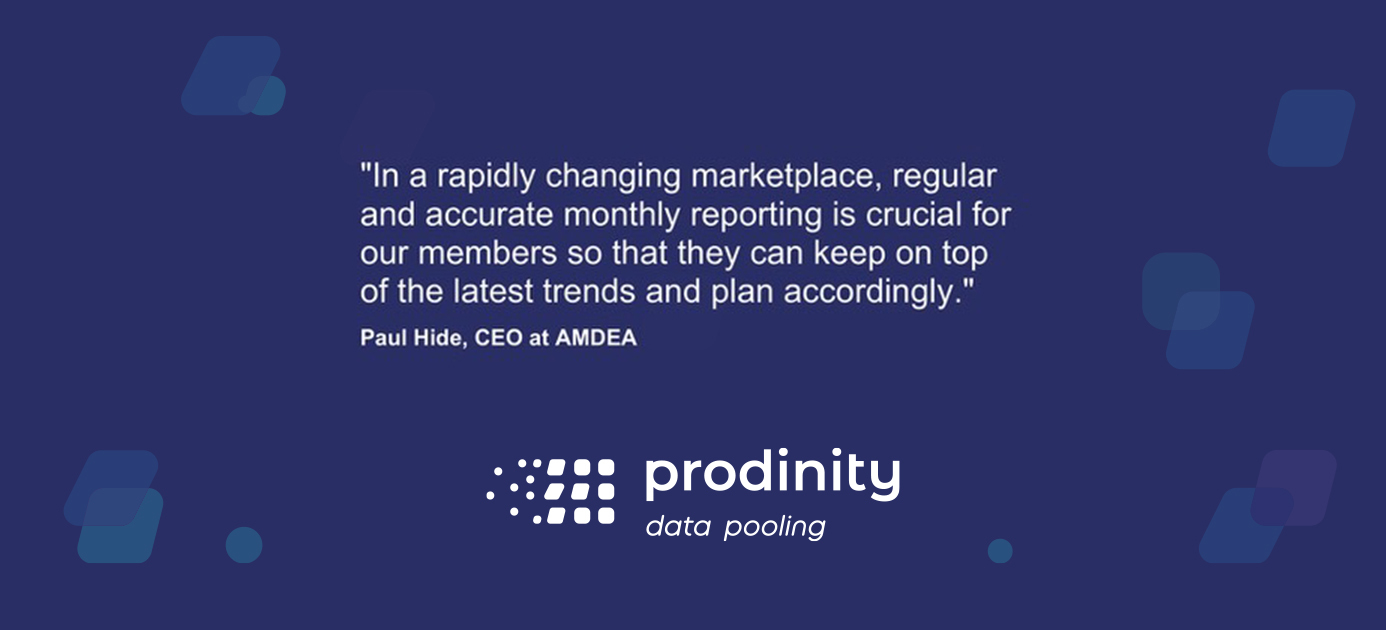
Theunis Viljoen, CEO at Prodinity – which works with insurers, brokers and MGAs on data transformation projects and due diligence reviews – outlines some examples of data and insight deficiencies his team have uncovered, and how addressing this has directly impacted the bottom line for businesses:
“Working through data transformation projects with insurers, brokers and MGAs has in the past uncovered significant unreserved debts and write-offs due to poor data hygiene issues that have run into millions of dollars.
In some instances, these issues have gone on to impact the selling value of businesses under M&A due diligence, their overall profitability, led to regulatory penalties and even insolvency.
If this sounds dramatic, it is because it is a significant and all too often hidden issue at businesses. Let’s focus on one issue in isolation as an example of this snowball effect – that of using data to accurately calculate required Solvency/Client Money Resources. How does this impact a business, and why does it matter?
Despite the fact that the UK Insurance sector has been regulated by the FSA/FCA for more than 17 years, firms still appear to struggle with calculating and maintaining accurate Solvency/Client Money Resources. Not only does this leave firms open to at best a slap on the wrist (but more likely receiving regulatory fines and addressing reputational damage), but it also bears material financial and liquidity risk.
Client Money Resource Calculations determine how much cash is required within insurance trust funds as well as how much cash can be transferred to a firm’s own working capital accounts. Overestimating the required client money resources can starve a firm of vital working capital and free cash necessary to run and grow the business. At the point of sale of a business it also means that the firm and net assets can be materially undervalued at the expense of its current investors.
Conversely, underestimating client money resources required due to inadequate reserving for uncollected revenues and for bad or doubtful debts arising from hidden credit risks within insurance ledgers can, when eventually exposed, leave a firm teetering on the brink and fighting for survival. A firm planning an exit or M&A deal can least afford such lack of financial hygiene coming to light during a pre or post deal due diligence review with asset values materially impaired.
Most brokers, insurers and MGAs have a handle on the easy parts of the business – controlling payroll, expenses, taxes, etc – but all too often, there is a lack of true understanding of the exposures lurking in the insurance ledgers due to the sheer volume and complexity of insurance transactions.
Ultimately, it’s about really understanding the data that insurance businesses should have at their fingertips, and what intelligent conclusions can be drawn from it that will enable the often millions of dollars worth of working capital locked up in various areas to be put to the best use. In this way, good data hygiene can drive better margins without necessarily having to increase turnover – freeing up working capital for a business and helping to obtain a better enterprise valuation at M&A.”
Thank you to Only Strategic Insurance Newslink at www.onlystrategic.com
The link to the original published article is – http://www.onlystrategic.com/Articles/search/article/94146



